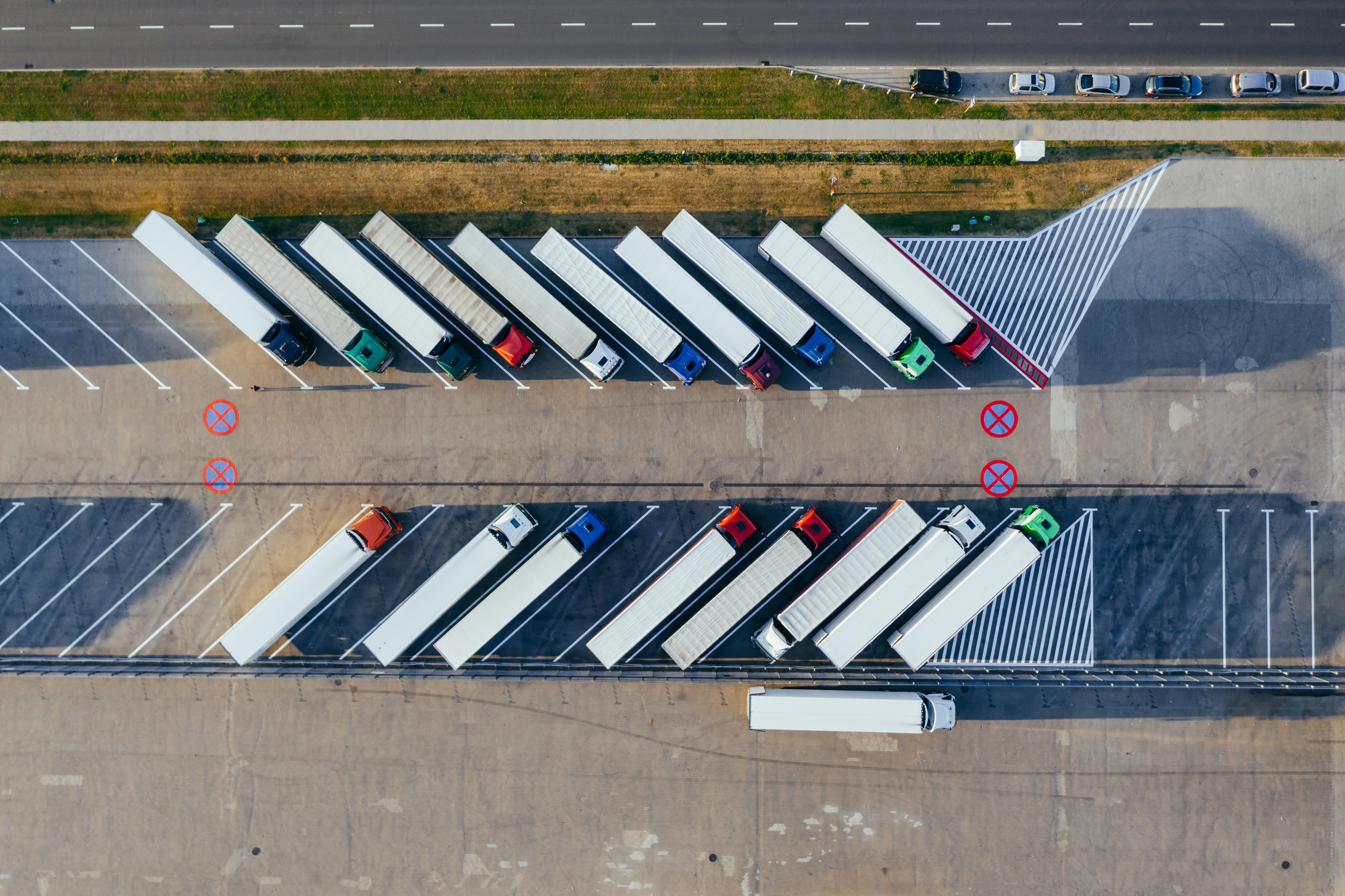Dear Ms. Gallina,
With this letter, Eucolait wishes to highlight a serious sanitary barrier to imports of dairy products
into the EU, created by requirements in the new import health certificate and differences between
the European and third country regulatory frameworks for animal health and food safety.
As part of the new Animal Health Law, Commission implementing regulation 2020/2235
concerning model health certificates became applicable on 21 April 2021. Certificates issued in
accordance with the old rules will be accepted until 20 October 2021, provided they have been
signed before 21 August 2021, making the latter date the effective implementation date of the
new certificates.
Many of our key trading partners have submitted comments on the draft import conditions and
certificates throughout the consultation and adoption process. When it comes to the dairy
certificates, the concerns that have been raised have related in particular to the animal health
attestation in part II.2 of the certificate models “DAIRY-PRODUCTS-PT” (for pasteurised products)
and “MILK-RMP/NT” (for dairy products from raw milk). Most dairy products imported into the EU
have undergone pasteurisation but have not been subject to another specific risk-mitigating
treatment.
Importing dairy products into the EU is only possible from a short list of countries, including most
of the main dairy suppliers globally. The new certificates will make these imports more
complicated, if not impossible. The US authorities have indicated they will simply not be able to
attest conformity of US dairy products and ingredients with these provisions which would result
in a non-tariff trade barrier to dairy imports from the United States.
It is not our objective to debate the efficiency of the EU food safety system or the need to ensure
that imported products have been produced in line with standards that are comparable to those
in place in Europe. However, it cannot be that countries that export millions of tonnes of dairy
products to basically all markets around the world would be excluded from the European market
by virtue of incompliance with EU animal health rules.
The EU is a relatively minor importer of dairy products on account of having a considerable surplus
in milk and high tariffs on dairy products from most origins, with the notable exceptions of the
UK and Switzerland (for cheese). We must not create additional barriers to trade with detailed SPS
requirements at farm level that may not live up to WTO conditions of not being more trade
restrictive than necessary.
Any measures further restricting imports of dairy products and ingredients cause significant
economic damage to European importers and EU-based businesses reliant on imported
ingredients, some of which are subsidiaries of foreign companies that have invested considerably
in the European dairy sector. Certain speciality ingredients currently cannot be sourced from
within the EU and putting a stop to these imports will have heavy repercussions throughout the
supply chain. In situations where substitution solutions are available, this would trigger product
reformulation, require new regulatory processes and clinical studies which can take years to
complete.
In addition, we will likely see retaliatory measures taken by trade partners, in turn affecting our
exports. The trade relationship with the US has been under strain in recent years and several trade
disputes are still ongoing, even if on hold. This certificate issue, if not adequately resolved, risks
reversing the progress made in the last few months.
We urge the European Commission to engage extensively with all relevant trading partners to find
mutually acceptable solutions. Should an immediate fix not be possible, a prolongation of the
current transitional period until 2023 would probably allow for sufficient time to work through
these issues and ensure that trade can continue in the longterm.
Thank you in advance for your attention to our request. We look forward to your response and
remain at your disposal for any questions you may have.
Download the full PDF here.

